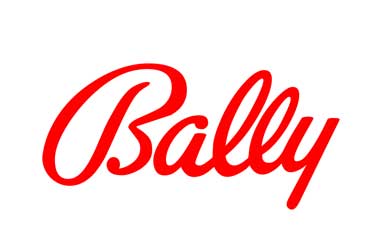 Summary:
Summary:
- Fitch Ratings has lowered Bally’s credit score from “B” to “B-.”
- The call comes amid concerns regarding its Chicago casino plans.
- Despite its cash reserves and important funding from GLPI, Bally’s is looking at important long-term obligations.
NYSE-listed Bally’s Corporation has recently faced an important credit rating decrease from “B” to “B-”.
Fitch Ratings, the rating agency that “provides forward-looking credit opinions”, has made the adjustment.
The decision now places the global casino-entertainment company “with a growing omni-channel presence” just one step above the category where issuers are considered to carry “substantial risk”.
A major factor behind this downgrade is the uncertainty surrounding Bally’s ambitious $1.7 billion Chicago casino and hotel project.
Fitch opted for the “negative” outlook after expressing concerns over the execution of Bally’s largest and most expensive project to date.
The planned integrated resort, set to open in late 2026, will be Chicago’s only casino within city limits. However, the company still faces a lot of competition from existing casinos in the surrounding areas.
In Fitch’s statment,
There is execution risk in the development of the Chicago projects, as well as other potential development opportunities. Challenges include a saturated Chicago gaming market, the higher-than-average gaming tax rate, and the typical ramp-up of a new casino development
While owning the only casino in the third-largest city in the U.S. should give Bally’s a strategic advantage, Illinois is already a competitive market that counts 16 brick-and-mortar casinos, many next to Chicago.
The Lease Payments Problem
The road to securing Chicago’s sole casino license was anything but fast and smooth.
On the contrary, when Mayor Lori Lightfoot eventually decided to pick Bally’s three years ago, the call stirred up talks concerning the company’s ability to support the project.
As expected, Bally’s low credit rating added even more fuel to the fire and opened talks regarding its financial stability.Looking to regroup, the company decided to seal a few deals with Gaming and Leisure Properties Inc. (GLPI).
This attracted $2.07 billion in total capital, of which $800 million was aimed at covering any shortfalls in the Chicago project. While this financial boost alleviated some immediate concerns, it also introduced long-term financial obligations.
Namely, Bally’s will need to pay rent to GLPI for multiple properties, including the Chicago establishment. Fitch highlighted the risk associated with these lease payments, which they estimated to reach close to $100 million on a yearly basis.
Bally’s Has Cash Reserves and No Big Debts
Despite these challenging times ahead, the company has financial resources at its disposal, with $171 million in reported cash reserves at the end of last year and an additional $620 million through an undrawn revolving credit facility.
Moreover, Bally’s does not face any major debt maturities until 2028 and can generate more capital by selling the real estate of Twin River Casino in Rhode Island to GLPI for $735 million.
The transaction would require Bally’s to pay an annual rent of approximately $58.8 million with built-in escalators.
The proceeds could ease some of the financial strain from the Chicago project. Nonetheless, Fitch is still cautious regarding the company’s overall debt situation.

